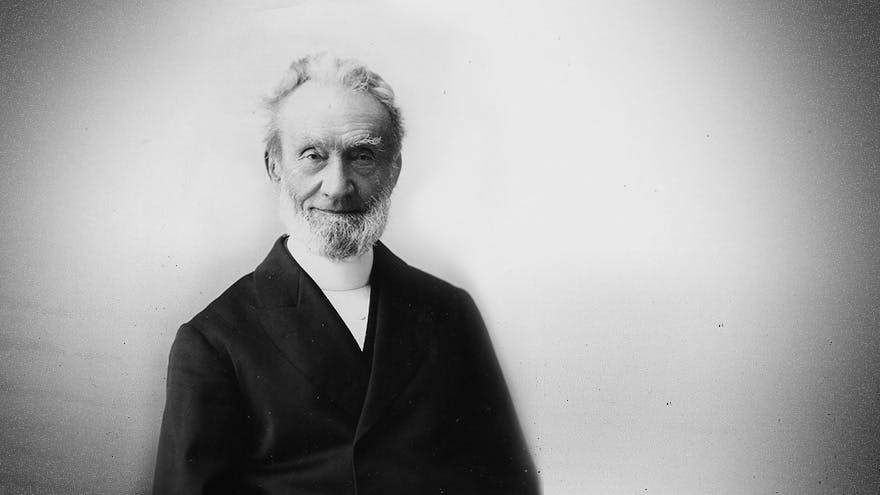Fundamentally, Science and Religion answer different questions - they are completely independent of one another. Science, seeks to answer the question of "how" things happen, whereas religion seeks to answer who and why things happen. A devout theistic person (or someone who believes that there is a God) can absolutely be just as great a scientist as a atheist (or someone who believes that there isn't a God).
Let me give you an example, let's say I am sitting with a devout atheist, and we are watching Planet Earth II, and we come upon one of the many splendors of this earth, both of us can say with confidence that we believe even stronger in what we came into the program believing. For the atheist, they can confidently say "look what amazing beauty came, simply by accident!" and the believer can respond in turn "Look what an amazing God we serve!"
Sadly, theists and atheists can get caught up in a gridlock battle of trying to prove statistics, and learn more about science, however Science was never intended to answer these questions. Science can tell you how your computer works, how human conception happens, how genetics and species could change and adapt over time, how bacteria can evolve, how an explosion could have happened, and how and maybe even where that could have had it's epicenter - but science cannot tell you why. No matter what fact is discovered, the believe can always ask "okay, but where did the Big Bang (or whatever may be discovered after that) come from?" to which the scientist can always reply "we don't know yet, we have to let science develop further." The truth though, is that science can never explain why, it can only explain how.
Intellectual Honesty: Prove or disprove god
That's a tall order, however it's actually intellectually dishonest to not attempt.
Keep in mind though, what is your goal? Do you want there to be a God or not? If there is a God, and you don't believe it now, what would it take for you to be convinced? Is there any argument or case that could be made? If not, then you are not actually being intellectually honest, you are looking for reasons to believe what you believe, not actually looking for truth no matter what form it takes. We have all been given free will to do whatever we please, so don't waste your time looking for reasons to do what you want, however you should also not pretend that you are being intellectually honest.
- No matter what you do or believe, there is currently a 100% mortality rate among humans over 125 years old. Perhaps we may find the ability to live forever - but for now we don't. Which means that at some point, statistically you are going to die, and only answering the God question can tell you what happens there
- Eternity > However long you live. Even if you live to 122 years, eternity is longer. So if most religions are correct, if you don't die on the right side of the aisle, it's not going to be good for you. Thinking of it a different way - if you knew you could spend 1 week doing something that could mean you could spend 10 years of all-expenses paid tropical vacation, or risk the possibility of spending those same 10 years working 10/7 in a coal mine. Wouldn't that logically be worth the time investment?
- If there is a God, whether you believe in him (or "it" I guess) is actually irrelevant, just as if you don't believe in gravity, no matter how hard you try, when you jump off a building, you will fall - but nobody denies gravity, we at minimum learn the basics about it. Nearly all of us learn weights, measures, some basic physics. To that same end, if what is potentially the most powerful force in the universe actually exists, that is worth at least an honest look
So now let's talk about the business of disproving God. I am going to make a small leap here, and jump from "god" as a concept to disproving the God of the canonized christian Bible, as that as some of the most specific items, and I know it pretty well so I know where it's weaknesses are.
- The golden goose: find Jesus' body. If you can prove Jesus never rose from the dead with empirical evidence, the entire faith ceases to exist.
- Disprove prophetical claims: The canonized christian Bible is filled with prophesies about the future, much of which is fulfilled within the Bible at later times. One of the most fascinating prophetical books is Daniel, wherein a hundred years before the rise and fall of some of the largest empires in history, are predicted how they would rise and fall with incredible detail.
- Find it to be self-refuting: find where the Bible collides with itself, after all it was written over a few thousand years, by different authors - it should have some contradiction in it somewhere? One note here, is to consider what is called the "old" and "new" covenant, which to be super short about it, is the old vs new testament. The old testament was fulfilled by the death of Jesus, and thus many laws in the old testament have been fulfilled forever and thus no longer apply. Also be careful with "sound biting," you can take 3 words from anywhere and make them contradictory.
Do you actually want to know if there's a God? Well if the God of the Bible actually exists, and if you truly want to know Him, it's pretty simple: just ask Him to show up or not. According to the canonized Bible, God knows our every thought and intention, so if you are truly wanting to know, "God do you exist?" - just ask Him.
He says if you seek Him with all your heart, you will find Him. Hold Him to it.
If there's any questions I can answer on the subject, leave a comment, send me an email, I am happy to hep with whatever I may have found!
Fundamentally, Science and Religion answer different questions - they are completely independent of one another. Science, seeks to answer the question of "how" things happen, whereas religion seeks to answer who and why things happen. A devout theistic person
This is a book I try to read/listen to at least once per year, as it's simply worded description of the all-power, all-knowing, omnipresent God that we serve is truly life-changing, and could not be a better time to listen
If you have never heard the story of George Müller, you are truly missing out - these are the diaries of a man in 19th century England who over the course of his lifetime established, by prayer alone, an orphanage that





